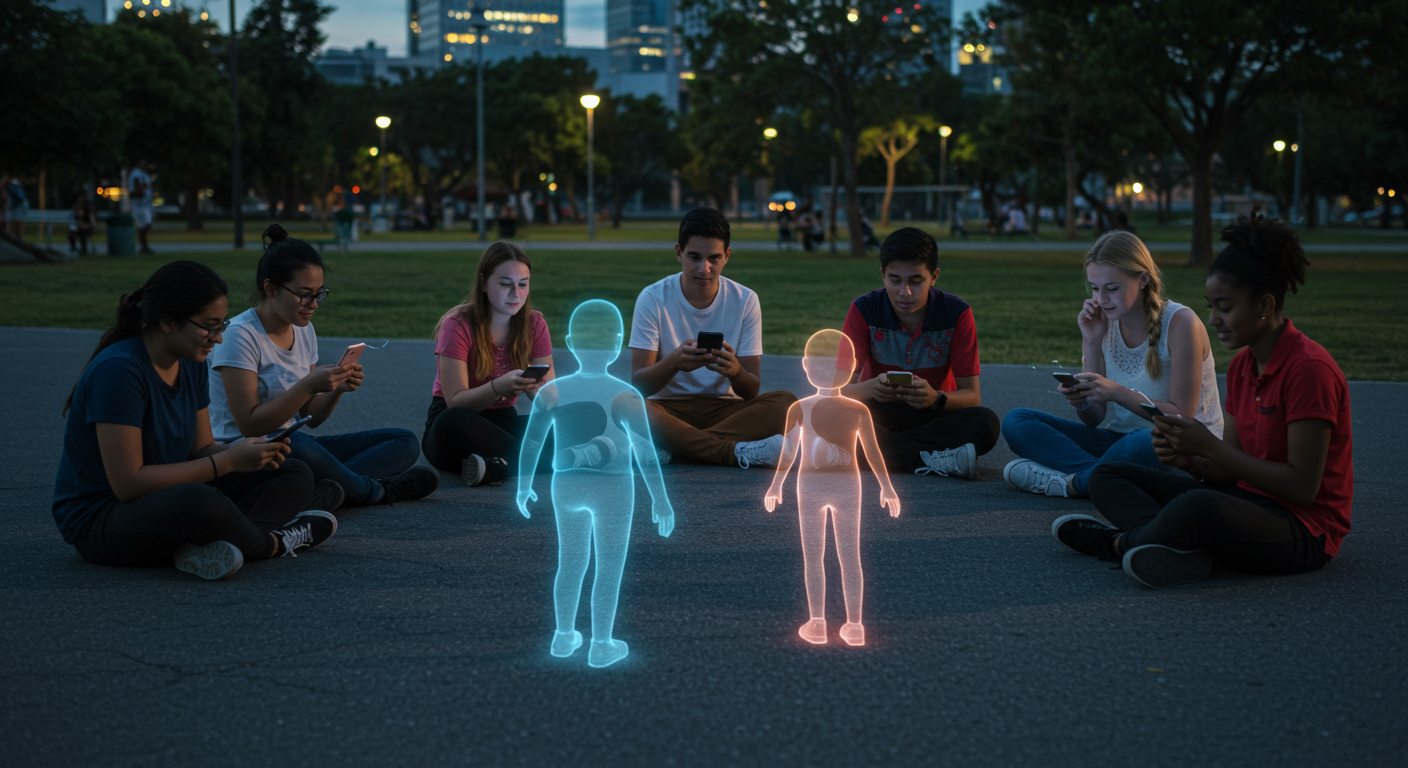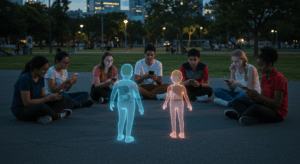AI hype is everywhere—smart founders cut through the noise.
Every day, a new AI headline promises the moon—but real SaaS leaders have learned: sustainable growth comes from practical use, not news cycles. The latest report on big tech’s AI spend reveals staggering budgets, but let’s not forget: progress isn’t measured in dollars burned or flashy demos. It’s about creating real value and resisting the urge to chase every shiny object. Are you building products that deliver, or just riding the next algorithm wave?
Are AI Digital Friends Making Teens Closer—or Just More Alone?
Teens are redefining what it means to have a best friend—and sometimes that friend comes with an algorithm. In a recent Fox News deep-dive, the surge in AI digital companions among teens is more than a passing trend. These digital friends, available at a swipe and programmed for perfect understanding, are filling the loneliness gap that social media quietly exposed but never healed.
But here’s the head-scratcher: Are we witnessing the next evolution in empathy, or the slow fade of real-world connection? On one hand, these AI companions offer teens a judgment-free zone where every worry is met with patience and algorithmic compassion. For some, especially those struggling with loneliness or social anxiety, it’s a lifeline. On the other, experts raise red flags—can empathy really grow from conversations that never risk awkwardness, or face the unpredictable beauty of real human reactions?
The Risks of Rewiring Real Emotion
Developmental psychologists warn us: meaningful growth comes from struggle, not comfort zones. AI friends, tailored for positive feedback and infinite patience, give emotional satisfaction, but do they truly teach resilience or empathy for others? The risk is a generation skilled at chatting with bots but less ready for the messiness of human relationships. Add in the lack of robust safety controls, and it’s a playground where not everyone comes away unscathed.
There’s no easy verdict Digital friendships are Real
Digital friendships are real to their owners. But if our future hinges on emotionally intelligent humans, we need to ask: Are we programming support, or substituting it? Let’s keep this conversation going.
From virtual shoulder to lean on, to rewired empathy: How do you see this changing the next decade of childhood and parenting?
Related Articles:
AI companions replace real friends for many teens
experts warn of developmental risks and inadequate safety measure.



